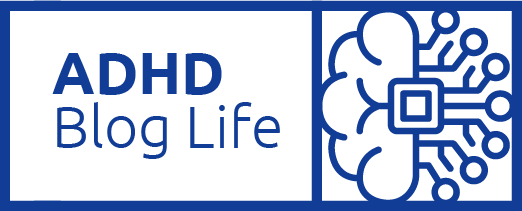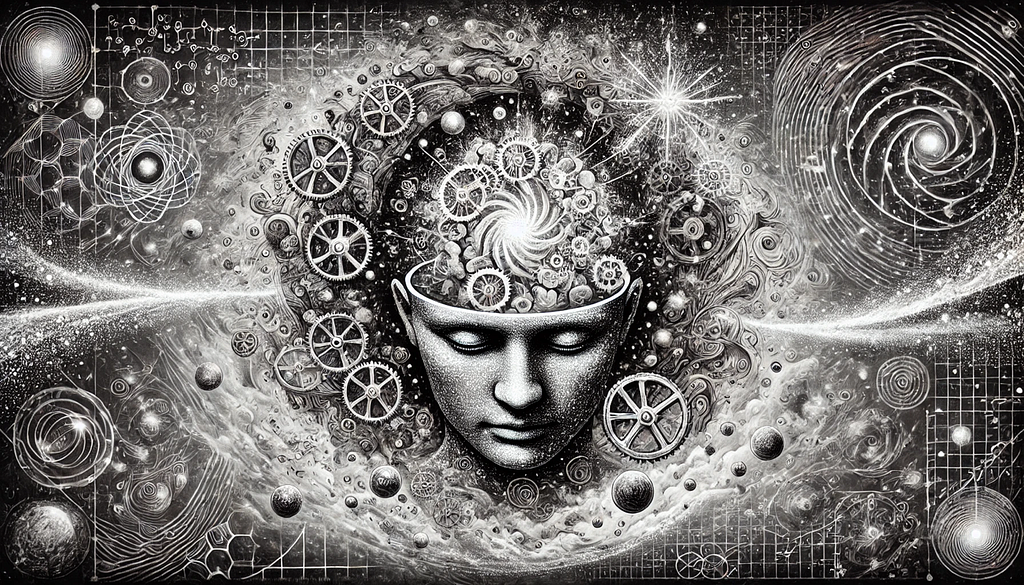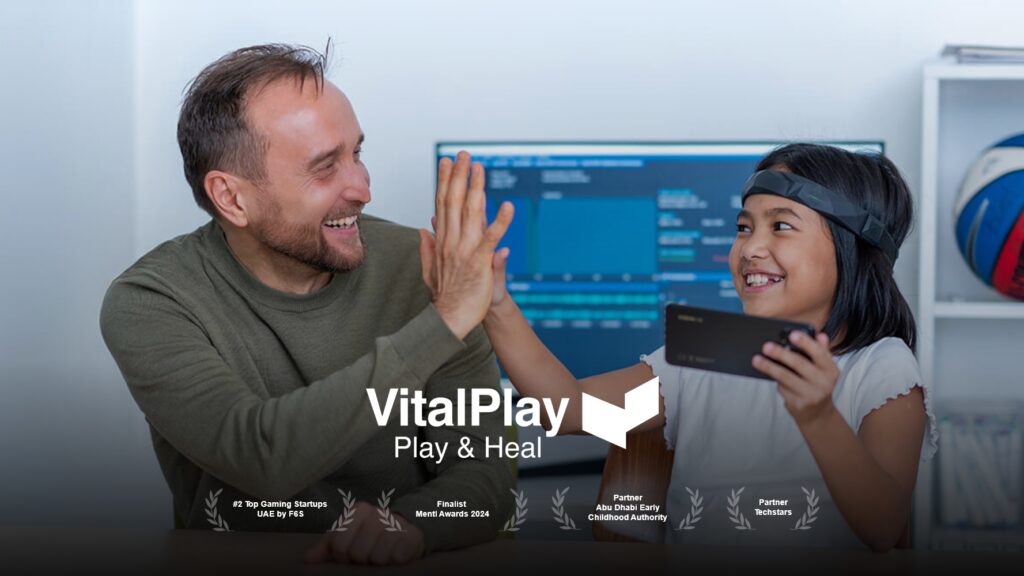
Artificial Intelligence (AI) is often hailed as one of humanity’s biggest breakthroughs, right up there with the splitting of the atom or the dawn of the internet. And while the latest headlines around AI might seem like a futuristic, unpredictable landscape — filled with stories of power struggles, mergers, and debates over ethics — the truth is that this is nothing new. History has shown us that every groundbreaking innovation is accompanied by debates, shifts in control, and questions of ethics. The AI story we’re witnessing today is simply the next chapter in a very old book.
Here’s what we can take away from the past to help us navigate the present and future:
Innovation Itself is Neutral; It’s All About How We Use It
Technology is fundamentally neutral. The same innovation can be used to uplift or to exploit. Think of the industrial revolution: trains and machines were transformative, opening up opportunities and advancing society. Yet they also brought pollution, poor working conditions, and environmental degradation. A train can carry supplies to nourish a city, or it can carry weapons into battle. Likewise, AI is not inherently “good” or “bad.” It’s all in how we use it, and who decides its path.
Power Struggles Have Always Defined Innovation’s Direction
Whenever a new technology emerges, it tends to spark competition and strategic maneuvers among those who understand its power. Consider Thomas Edison and Nikola Tesla in the war of currents; both were driven by visions of electricity’s potential, yet each had vastly different approaches and motives. Edison pushed direct current, while Tesla favored alternating current. Their rivalry wasn’t just technical; it was a power struggle over who would shape the future.
AI today is seeing its own version of this, with figures like Elon Musk, Sam Altman, and Ilya Sutskever each offering a vision for what AI should become, whether a tool for profit or a safeguarded public resource. Their influence and actions are shaping AI’s future, and the public has a stake in understanding these dynamics, just as they did in past technological races.
Profit vs. Public Good: A Tale as Old as Business Itself
When computers were first developed, they were massive, government-funded machines. But as they evolved, businesses saw opportunities, leading to the personal computer revolution. Companies like Microsoft and Apple entered with visions of bringing computers to the masses. What started as public good quickly transformed into a commercial battle, with profits driving rapid advancements. The shift of OpenAI from nonprofit to a capped-profit, and then to a more commercially focused enterprise, echoes this same shift.
The lesson here is that whenever technology reaches a certain level of influence and complexity, financial interests often take the reins. This isn’t inherently bad — it’s why we have the powerful computing capabilities we do today — but it’s something to be mindful of, especially with the vast power of AI.
Stay Engaged and Take Advantage of the Change
For the public, the real message is not to view AI as a distant, mysterious force controlled by a few tech visionaries. Instead, we should see it as an opportunity to be engaged, informed, and proactive. AI is already changing industries, creating new ones, and opening avenues for creativity, business growth, and even entrepreneurship. Just as people harnessed the internet to build global businesses, AI can be a transformative tool if we choose to learn and leverage it effectively.
Today’s entrepreneurs should look at AI not as something “other,” but as a resource. Invest in infrastructure or applications that integrate AI, enhance customer experience, or streamline business processes. Explore how AI can enhance your business vision and bring new value to your customers. If history shows us anything, it’s that those who are open to new technologies, learn their potential, and engage actively are the ones who shape the future.
In short
The story of AI, with its power struggles, ethical debates, and commercial interest, may sound dramatic, but it’s not unprecedented. Humanity has faced these moments before with the printing press, electricity, computers, and the internet. Each time, we’ve navigated the challenges, leveraged the opportunities, and ultimately moved forward.
This moment with AI is our chance to do the same: to learn, to adapt, and to build responsibly. We don’t need to be mere spectators. By staying informed, we can actively shape how AI impacts our industries, communities, and lives.
So let’s seize this moment with a sense of history and a focus on progress. After all, humanity has always been at its best when it faces the unknown, turns it into possibility, and shapes it into a future we can all embrace.
Uluc Yuca







